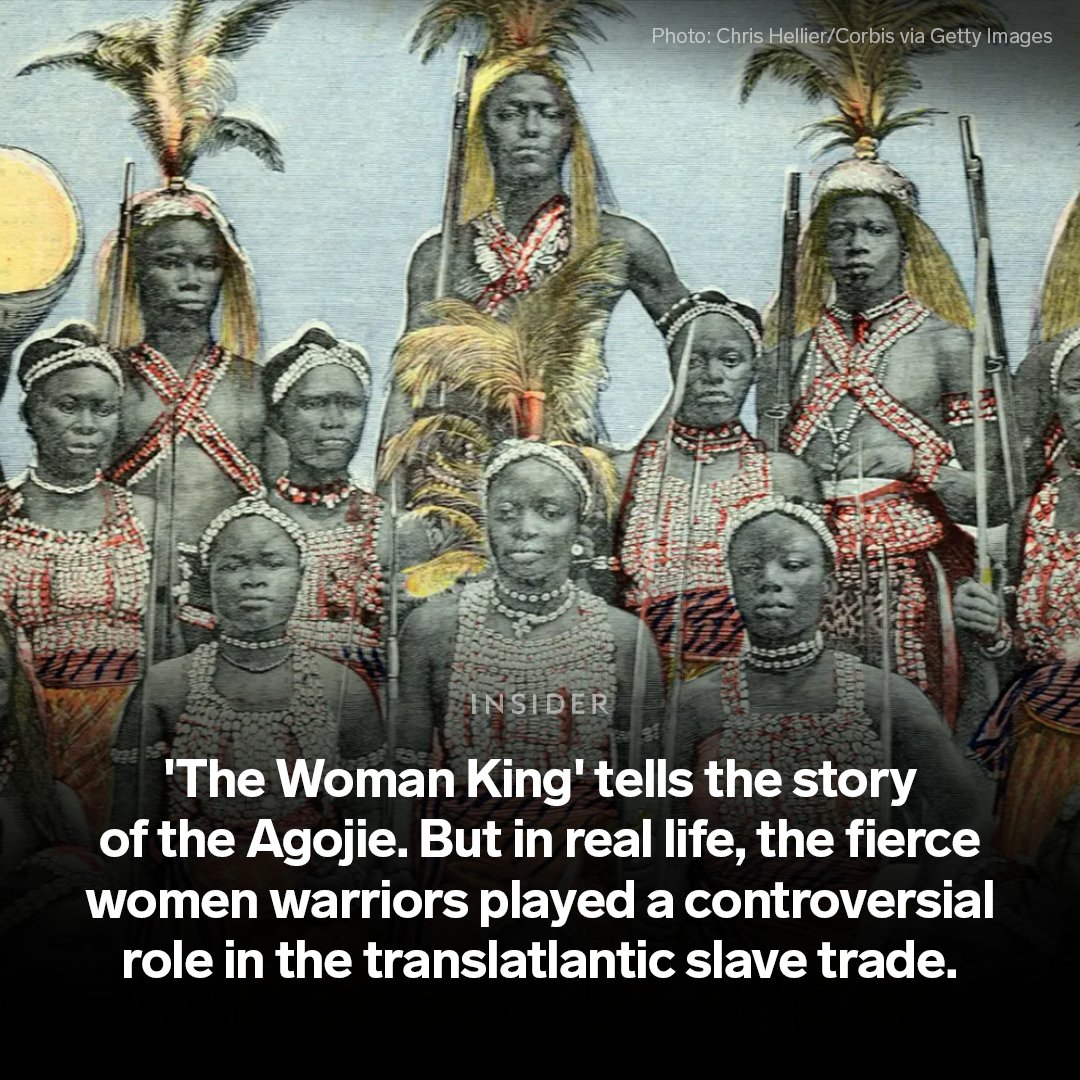Willie Hudspeth protested a Confederate monument in his hometown of Denton, Texas, for 21 years.
Here’s his story and how his weekly vigils became a catalyst to confront Denton’s racist past. 👇
businessinsider.com/a-21-year-prot…
Here’s his story and how his weekly vigils became a catalyst to confront Denton’s racist past. 👇
businessinsider.com/a-21-year-prot…
While Texas has removed more Confederate symbols than any other state, as of 2019, 68 still remain.
One of them is a 20-foot statue of a uniformed soldier over the words, "Our Confederate Soldiers" erected in Denton’s Historic Square.
businessinsider.com/a-21-year-prot…
One of them is a 20-foot statue of a uniformed soldier over the words, "Our Confederate Soldiers" erected in Denton’s Historic Square.
businessinsider.com/a-21-year-prot…

One Sunday in 1999, Hudspeth, a retired teacher and local NAACP leader, set up signs for his first protest: Turn on the fountains and let’s stop burying our racist past.
For the next 21 years, he spent his Sundays at the foot of the monument.
businessinsider.com/a-21-year-prot…
For the next 21 years, he spent his Sundays at the foot of the monument.
businessinsider.com/a-21-year-prot…

Though most of the Confederate monuments built throughout southern cities before 1920 had the same look, Denton’s had an extra flourish: a water fountain on each leg of its wide arch.
businessinsider.com/a-21-year-prot…
businessinsider.com/a-21-year-prot…
The consensus among county leaders, all of whom were white, was that the fountains had never been operable.
But Denton's Black residents remembered it differently; the fountains had definitely worked, and they were "white only."
businessinsider.com/a-21-year-prot…
But Denton's Black residents remembered it differently; the fountains had definitely worked, and they were "white only."
businessinsider.com/a-21-year-prot…

As Hudspeth protested, the excavation of Denton's racist past began: The legacy of Klavern No. 136, Denton's branch of the KKK, the lynching of Black men in Denton County, and more, were dug up.
businessinsider.com/a-21-year-prot…
businessinsider.com/a-21-year-prot…
There was also the forced relocation of Denton’s Black middle class district known as Quakertown, starting in 1921 – the same year as the Tulsa Race Massacre, 270 miles north in Oklahoma.
Quakertown had been thriving in the decades after the Civil War.
businessinsider.com/a-21-year-prot…
Quakertown had been thriving in the decades after the Civil War.
businessinsider.com/a-21-year-prot…

But Denton officials wanted to build a park and make room for a college for white women.
Quakertown was moved to the other side of the railroad tracks in southeast Denton. More than 60 families lost their homes and many residents left altogether.
businessinsider.com/a-21-year-prot…
Quakertown was moved to the other side of the railroad tracks in southeast Denton. More than 60 families lost their homes and many residents left altogether.
businessinsider.com/a-21-year-prot…

The Quakertown House Museum opened to tell Denton's Black history. At first, Hudspeth wanted the fountains turned on, along with a plaque that would explain their history of Jim Crow segregation. Later, he said the monument should be moved to a museum.
businessinsider.com/a-21-year-prot…
businessinsider.com/a-21-year-prot…

Then came the killing of George Floyd and the BLM movement. Suddenly, it wasn't just Hudspeth protesting at the Confederate monument.
Denton’s monument came down on June 25, 2020. Later that year, Hudspeth’s son was elected mayor.
businessinsider.com/confederate-st…
Denton’s monument came down on June 25, 2020. Later that year, Hudspeth’s son was elected mayor.
businessinsider.com/confederate-st…
What comes next is up to the Texas Historical Commission, which in April approved plans to move the monument to Denton's Courthouse-on-the-Square Museum, though some in town say it should be destroyed.
businessinsider.com/a-21-year-prot…
businessinsider.com/a-21-year-prot…

• • •
Missing some Tweet in this thread? You can try to
force a refresh















